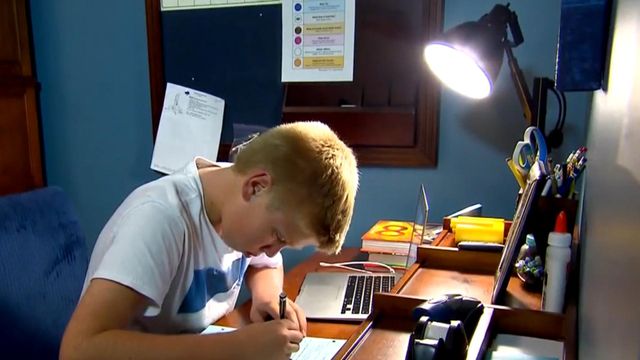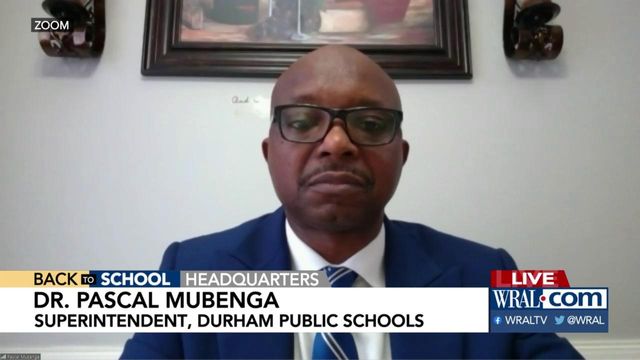Online learning requires different strategies by both teachers and students
With most schools in North Carolina starting the school year in a completely virtual environment next week, online learning poses challenges for everyone involved: school systems, parents, teachers and students. But those challenges can be overcome, according to a top tech learner with whom WRAL Investigates spoke.
Posted — UpdatedBut those challenges can be overcome, according to a top tech learner with whom WRAL Investigates spoke.
"It’s high interactive," says Karen Watte, the director of development and course training at Oregon State University’s awarding-winning ECampus.
The virtual school is routinely among the top 10 in the country, according to U.S. News and World Report rankings.
"An online course is quite different than a face-to-face course," Watte said. "You can’t just take your lecture you do face to face and just port it over."
Teachers need to prepare differently, she said, citing three keys to virtual success for educators:
- Create content that engages students. It can’t be just a series of lectures followed by online lessons and quizzes.
- Use lessons that encourage student-to-student engagement to help create a sense of community. Watte suggests the creation of small working groups where students could collaborate and discuss in virtual meeting rooms.
- Offer plenty of opportunities for teachers and students to interact, both inside and outside of formal class time. Teachers should set up a forum or mini-meetings for students who need help. This is especially important because teachers won’t get to see every student’s facial impressions during class.
"They’re not going to be able to see their students all the time, so it’s not the traditional lecture and watch everyone’s reactions and adjust," Watte said.
Students will also play a major role in the success of virtual school, which she said offers benefits to learners.
"It's a little bit easier for people to participate, and I think we also find in online learning you’re hearing from everyone in the class, not just those vocal few who sit in the front row," she said.
Watte also spelled out three keys to success for students:
- Be organized. Students will have some flexibility, but they’ll need to do a good job of keeping track of all the moving parts. "[You need to be] making sure you understand the due dates and blocking out times in your schedule to work on that specific course," she said.
- Ask for help. "I think, sometimes, they fall into this trap in an online environment where they don’t necessarily reach out for help as often as they should," she said.
- Become familiar with the technology and platforms now and be ready to go when school starts. Most schools use Google Classroom and Canvas, which is also the platform for Oregon State’s ECampus.
Watte said there’s proof online learning can work with teamwork and an open mind.
"[You want to be] really building that community so it’s a community of learners moving through that course. They’re not just somebody working through a class by themselves," she said.
• Credits
Copyright 2024 by Capitol Broadcasting Company. All rights reserved. This material may not be published, broadcast, rewritten or redistributed.






